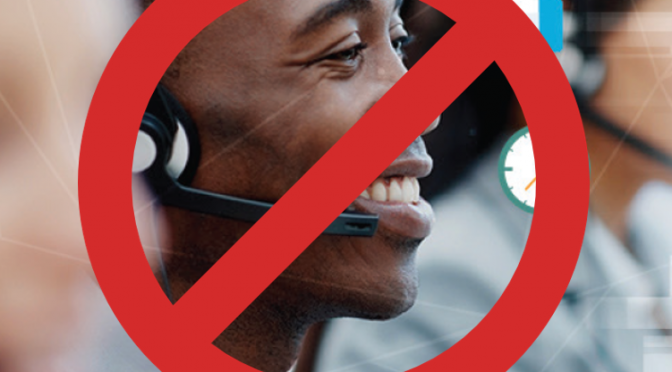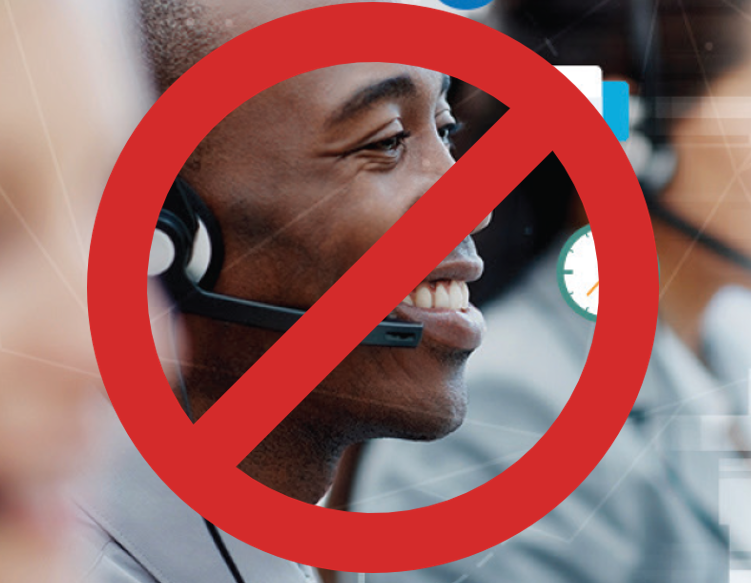Will New FCC Rules on Robocalls Hurt Debt Collectors?
Blog: Enterprise Decision Management Blog

Last week the Federal Communications Commission (FCC) passed a new declaratory ruling aimed at addressing rising consumer complaints about robocalls. Widely available, low-cost automated technologies have unleashed a flood of these calls. One study says the number of robocalls to US phone numbers soared from 18 billion in 2017 to more than 26 billion in 2018.
There’s certainly broad support for recent efforts by the FCC as well as Congress to combat fraudulent or illegal calling — estimated to account for about a quarter of all robocalls to US mobile numbers. But the new FCC ruling, which authorizes phone companies to implement call-blocking services as a default, does not stipulate fraudulent or illegal calls. Blocking could therefore also apply to unwanted calls — a subjective categorization with unknown implications for legitimate businesses and consumers.
The debt collection industry, as well as many other business sectors, will continue to urge refinements and clarifications to the ruling, and there appears to be some support from FCC Commissioner Michael O’Rielly for such changes.
Here are the main challenges I see with the rule as currently written:
- Lack of definition and transparency about types of calls that will be blocked. Carriers are authorized to implement blocking programs “based on any reasonable analytics designed to identify unwanted calls.” Criteria and methods are likely to vary from carrier to carrier, and there may be little transparency into how blocking decisions are made. Nor is there as yet any clear mechanism for businesses to remedy erroneous blocking.
- Default blocking with all-or-nothing opt-out for consumers. Consumers who feel blocking is preventing them from receiving necessary calls will have to opt-out of their carriers’ service. But since consumers who do that will have no protection against illegal calls, it’s unlikely many will choose the option — making it a fairly meaningless provision.
- Additional consumer-controlled opt-in blocking layer. Carriers can also offer consumers an additional opt-in layer of blocking, where they can choose, for example, to block all calls except from numbers they explicitly “whitelist” or that are in their contacts list. This will only make it easier for people who regard debt collection calls as spam to avoid them altogether.
Is the FCC Ruling a Problem for Your Business?
Is the FCC ruling necessarily harmful to the debt collection industry, which currently largely operates through phone calls? Is it a signal, along with the Consumer Financial Protection Bureau’s newly proposed debt collection rules — limiting calls to one contact a week or seven attempts weekly while allowing email and texts — that debt collectors should switch en masse to those channels?
I believe the answer to both questions is no. Shifting operational methods that have contributed to consumer discomfort with phone calls over to other channels will only reproduce the situation in those channels. (It’s estimated that only half of all cellphone calls are being answered at all—what’s to stop consumers from similarly ignoring email and texts?)
Instead, the recent actions of federal agencies are a signal for debt collectors to use modern technologies to take a far lighter, more precise touch with consumers — while dramatically boosting collected amounts and operational efficiency. Case in point: A collections organization currently using this approach expects that if the CFPB proposed debt collection rules went into effect tomorrow, calling limits would affect only about one in a thousand of the consumers they contact. This is how you elevate collection calling, emailing or texting to efficient, helpful services recipients no longer perceive as “unwanted” and are likely to respond to positively.
I’ll be talking about just that, along with my co-presenter Chris Cistrone, Principal Data Scientist at ConServe, at the upcoming ACA International Convention, July 14-16 in San Diego. If you’re planning to be at there, hope to see you at our session, “The New Era of Win-Win Calling.”
If you can’t make the event, stay tuned to this blog. After the conference, I’ll be sharing some of the amazing results ConServe and other FICO clients are achieving. I’ll also continue to follow developments in what’s turning out to be a year of intense regulatory change.
The post Will New FCC Rules on Robocalls Hurt Debt Collectors? appeared first on FICO.
Leave a Comment
You must be logged in to post a comment.








